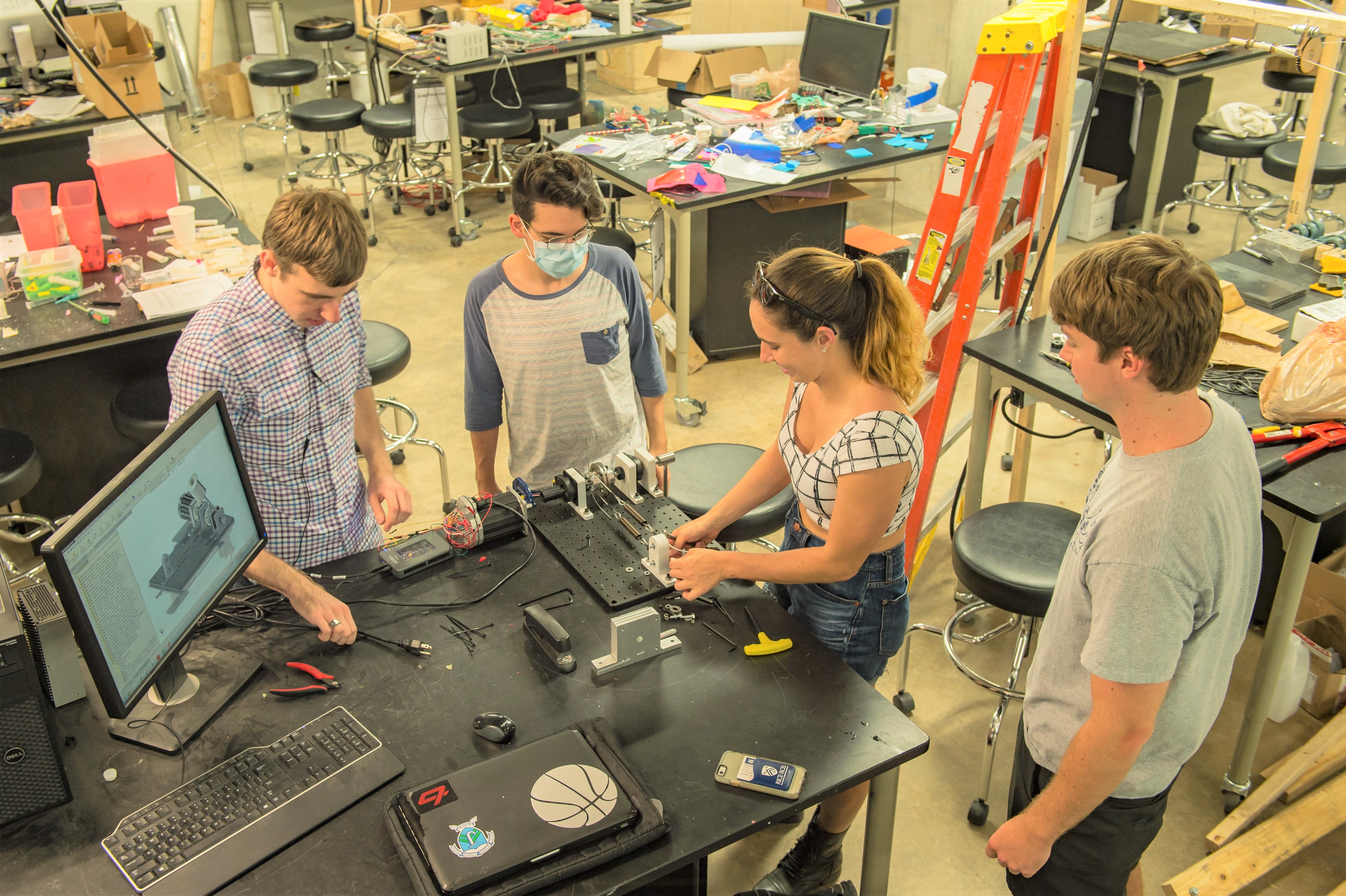Houston a Top Market for STEM Talent
Published May 10, 2019 by Javier Vargas
Houston has long been known as a business-friendly, growth-driven market that offers a low cost of doing business and cost of living. Since 2010, Houston is among America’s fastest-growing metros and has created more than 530,000 jobs in the last decade.
Much of this success is driven by Houston’s deep bench of STEM talent, powering not only the energy industry, but Houston’s leading life sciences, manufacturing and logistics sectors. Houston offers one of the nation’s highest densities of engineers, corporate and IT workers experienced in designing and managing some of the world’s most complex systems. A strong university system with five nationally-ranked universities and graduate schools produce a large supply of young talent. In fact, Houston is a top city in the United States for STEM grads and engineering talent with more than 300,000 educated millennials and 240,000 STEM workers.
Not only is Houston’s talent base extensive, it is also exceptionally diverse. The New York Times calls Houston “America’s Most Diverse City,” as there is no ethnic majority and the fact that one in four Houstonians is foreign born. Houston also offers the youngest workforce in the country, with a median age of 34.4 years.
Much of Houston’s success as a top market from STEM talent was originally-derived from Houston’s position as the Energy Capital of the World. The Houston region is the global energy headquarters and intellectual epicenter for virtually every segment of the energy industry, including a growing focus on renewables and digital technology.
For the full story on Business Facilities Editor’s Picks: STEM Leaders click here.
 The Houston Report
The Houston Report



















